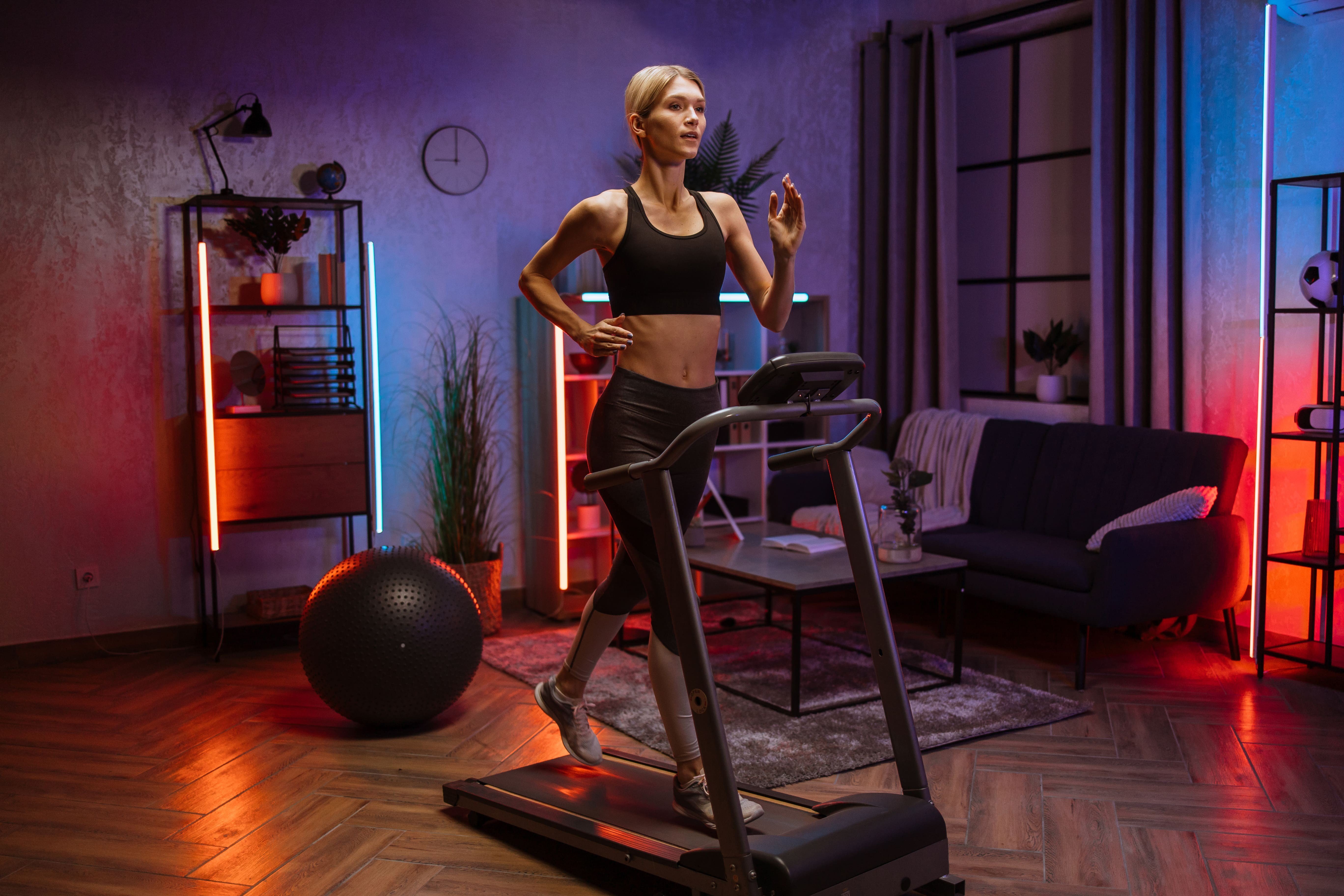Walking Machine 101: Your Ultimate Guide For Beginners
The Walking Machine: A Comprehensive Guide to Your Fitness Companion
In today's busy world, where time is a high-end, preserving a consistent workout routine can be an obstacle. For numerous, a walking machine— frequently known as a treadmill— works as an ideal fitness companion. This post supplies an extensive look at walking machines, including their benefits, types, maintenance pointers, and regularly asked concerns.
Why Choose a Walking Machine?
Walking machines provide a practical and reliable method to incorporate cardiovascular exercise into every day life. Here are several essential advantages:
- Convenience: Walking machines enable individuals to exercise anytime, no matter weather or time restrictions. They are best for hectic schedules.
- Flexibility: Users can stroll, jog, or perform at their own pace and intensity.
- Safety: Walking machines provide a lower threat of injury compared to outdoor walking or running, especially for beginners or those recovering from injuries.
- Tracking Progress: Many treadmills come with built-in monitors that track metrics like speed, range, and calories burned.
Types of Walking Machines
When considering a walking machine, it's important to select the best type based upon specific fitness objectives and area restraints. Below are the main kinds of walking machines:
Type
Description
Handbook Treadmills
These machines do not have a motor, and users require to walk or go to turn the belt.
Electric Treadmills
Powered by an electric motor, enabling users to set the speed and incline easily.
Folding Treadmills
Designed for simple storage, these treadmills can be folded up when not in use.
Desk Treadmills
Perfect for a dual work and workout environment, these compact machines enable walking while working.
Incline Trainers
These enable users to imitate uphill walking, boosting exercise strength and calorie burn.
Picking the Right Walking Machine
Selecting the best walking machine can substantially affect motivation and efficiency. Here are some aspects to think about:
Key Features to Look For
- Motor Power: A powerful motor guarantees a smooth and constant exercise. For occasional walkers, a 1.5 HP motor is usually enough; for heavier usage, look for 3.0 HP and above.
- Belt Size: A larger and longer belt provides more area for a comfy stride. Requirement sizes vary from 16 inches broad and 50 inches long.
- Slope Options: Adjustable slope settings can replicate walking or running uphill, increasing the strength of the exercise.
- Shock Absorption: Good shock absorption lowers the danger of joint injuries and improves comfort.
- Console Features: Look for built-in workouts, heart rate monitors, and connection features like Bluetooth for a more engaging experience.
Spending plan Considerations
Walking machines been available in a wide range of costs, depending upon functions and construction quality. Here's a rough budget plan breakdown:
Price Range
Functions
Under ₤ 300
Basic handbook or small electric treadmills with limited features.
₤ 300 – ₤ 700
More sophisticated electric treadmills with slope, medium power motors, and much better guarantees.
₤ 700 – ₤ 1500
High-quality electric treadmills with larger built-in display screens, extensive features, and warranties.
₤ 1500 and above
High-end designs offering advanced innovation, features, and long lasting building for serious physical fitness enthusiasts.
Upkeep Tips for Your Walking Machine
To guarantee longevity and optimum efficiency of a walking machine, consider the following upkeep pointers:
- Regular Cleaning: Dust and sweat can build up on the machine and the belt. Wipe down the surface areas and clean the belt regularly.
- Lubrication: Depending on the model, lubing the running belt occasionally can prevent wear and tear. Examine the manufacturer standards for recommended lubrication schedules.
- Inspection: Periodically check the machine for loose screws or worn parts. Tighten and replace as required.
- Calibration: Occasionally, examine the calibration of your machine's metrics to ensure they supply precise information.
- Correct Use: Follow the manufacturer's recommendations for weight limits and functional guidelines.
Frequently Asked Questions About Walking Machines
1. Are walking machines a good exercise?
Yes, walking machines offer an exceptional cardiovascular workout, can assist with weight loss, and enhance general health.
2. How often should I use a walking machine?
Goal for at least 150 minutes of moderate-intensity aerobic activity each week, which can quickly be achieved with routine sessions on a walking machine.
3. Can I slim down on a walking machine?
Yes, integrating a walking machine regimen into a healthy diet can promote weight-loss, particularly if integrated with intervals and incline training.
4. Is it safe for seniors to use a walking machine?
Yes, walking machines can be safe for senior citizens with low-impact settings and security features like hand rails. However, Xenia Batchelor ought to speak with their healthcare provider before beginning any exercise program.
5. What's the difference between a treadmill and a walking machine?
The term “walking machine” usually refers to a treadmill intended for walking, while “treadmill” can describe machines used for numerous strengths, including running.
With their versatility and benefit, walking machines can considerably improve one's physical fitness journey. By thoroughly selecting the right type, making sure correct maintenance, and integrating various workout strategies, users can optimize their walking machine's benefits. Similar to any workout program, consistency is key to achieving enduring fitness outcomes.
